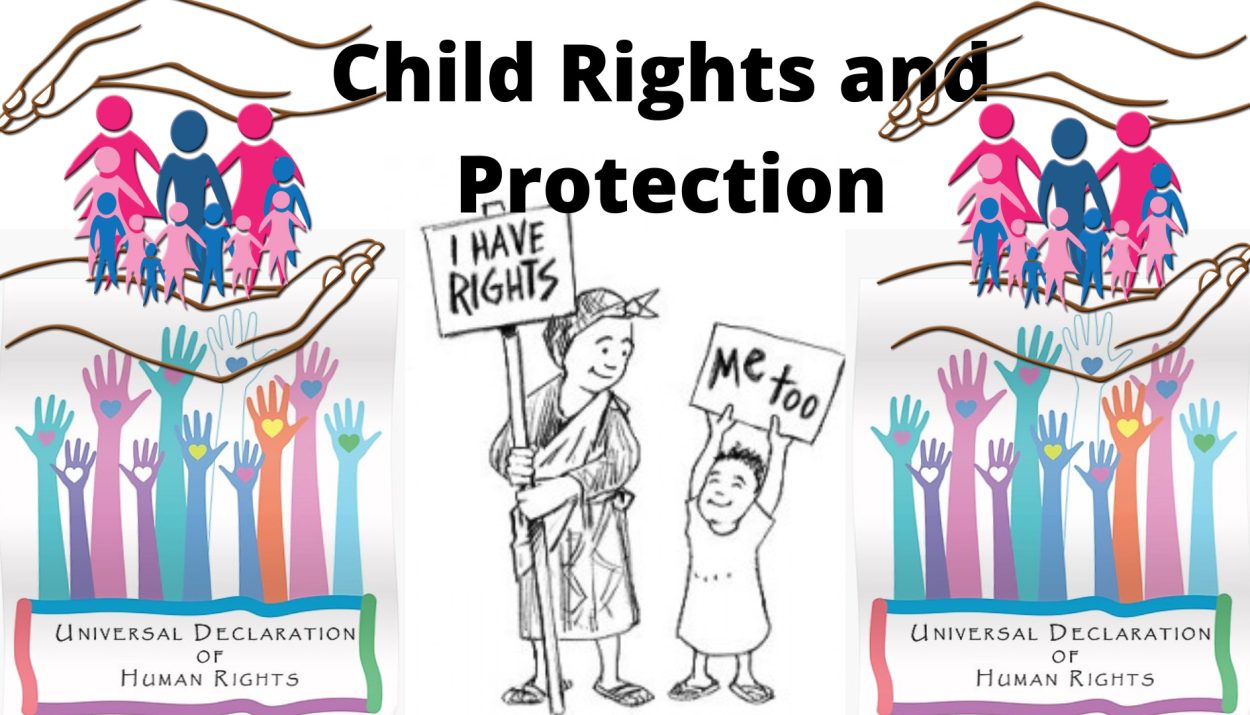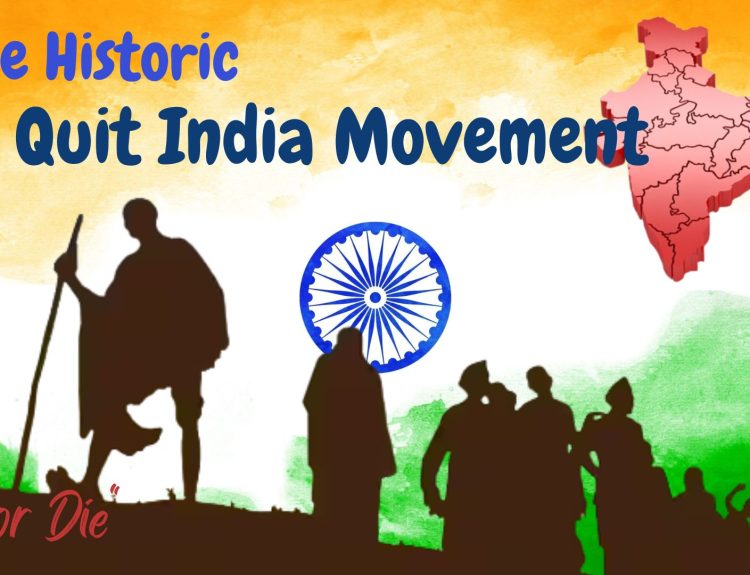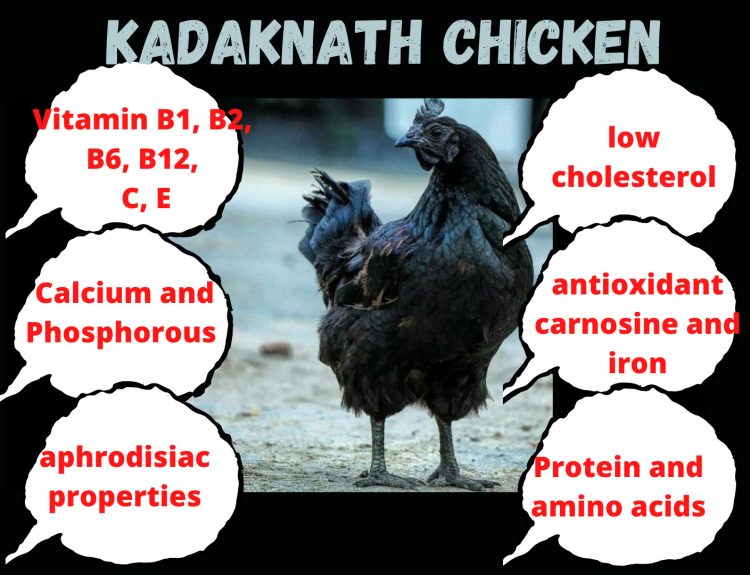Every person in the world is human. Human rights are for all including children. Each of us is born equally. Children are central to the world we live in. They are an important part of society. They are our future. There is a need to protect their rights. Their views should be respected.
Children are sometimes abused by their families or by others. Most of the time they don’t know about their rights due to which they remain silent. This results in more abuse of children.
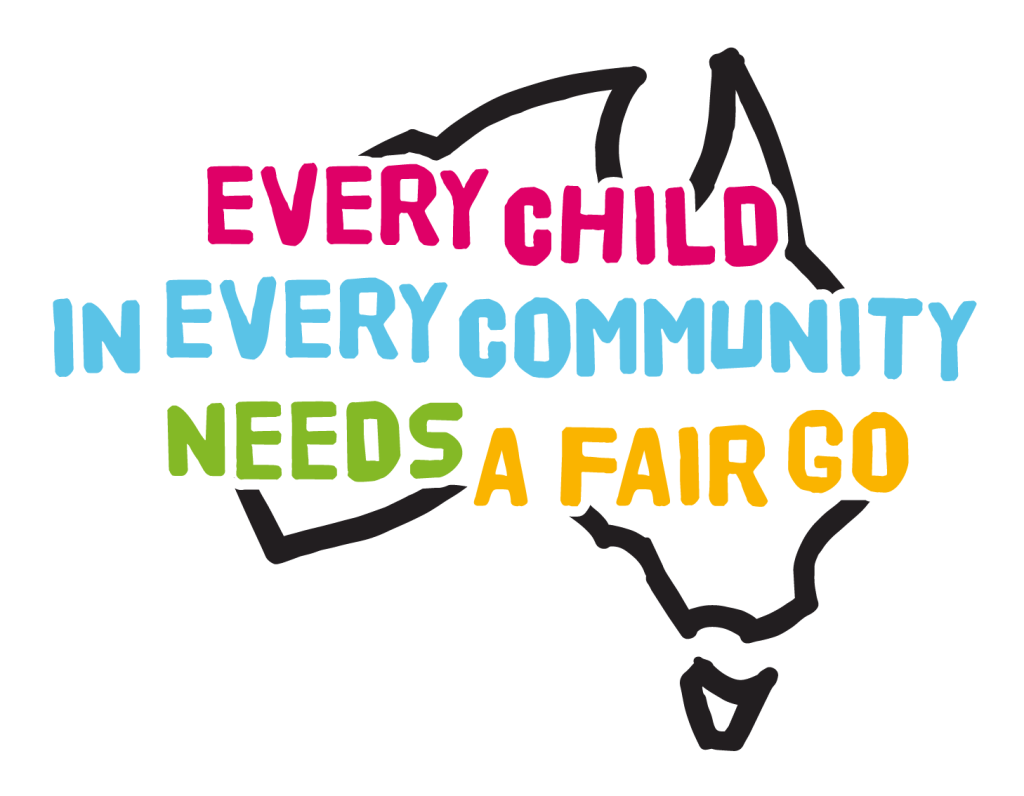
They should be protected from abuse, violence and exploitation. It is the government’s and our responsibility to protect and fulfil the rights of children. To protect children is not an act of charity or kindness. They should be entitled to equality, dignity and respect.
Who is a child?
For the proper functioning of laws regarding children, the definition of a child is important. The definition of a child in India varies according to different acts.
According to the United Nations Convention on the Rights of the Child (UNCRC)- “ a child means every human being below the age of 18 years unless, under the law applicable to the child, the majority is attained earlier”.
Rights are the basic needs of life. Every person in the world has rights and so does every child.
Do children have rights?
Beginning of Human rights
For the first time in 1945, human rights were written in a document called the Universal Declaration of Human Rights. After this, governments across the world realized the need for the rights of children.
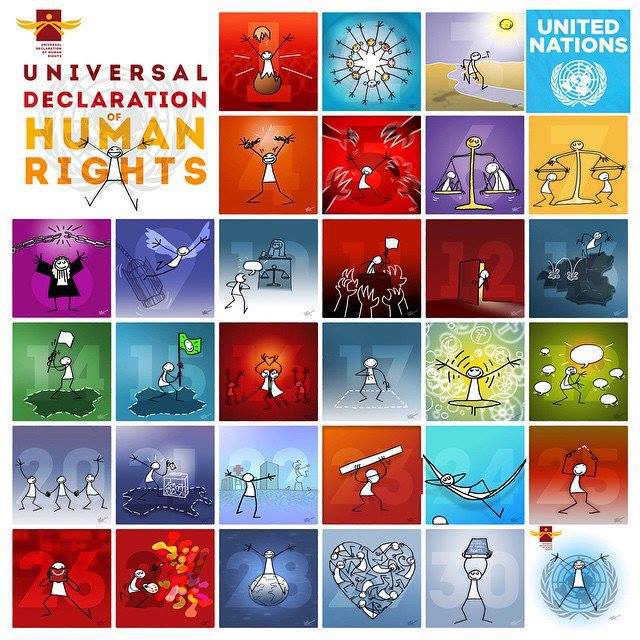
Then in 1989, governments adopted The United Nations Convention on the Rights of the Child known as CRC. This convention guides the government regarding the human rights of children.
Rights of every child in India
Every child must be recognized as a human being with human rights.
- Right to education- Every child must receive a quality education so that they read and write. Education develops their mental and physical abilities so that they reach their full potential as adults.
- Right to protection
Right to be protected from all sorts of violence
Right to be protected from neglect
- Right to freedom
- Right to development
- Right to participation
- Right to Survival
- Right to be born
- Right to minimum standards of food, shelter and clothing
- Right to live with dignity
- Right to think for yourself
- Right to not be exploited
- Right to water so that children have access to clean water
They have the right to access information and to participate in the decisions which affect their lives.
They have the right to live in a secure and caring environment.
Every human being should be respected, no matter who you are, whatever age you are, wherever you are, whatever religion you belong to, whether you are a boy or a girl.
Every child has a right to feel protected whether he or she is at school or home or on the road.
We must make everyone aware of child rights for their protection.
Constitutional Rights of Children
Article 21 A – Right to free and compulsory education to all children of the age of 6 – 14 years.
Article 24 – Prohibition of employment of children (below the age of 14 years) in hazardous work.
Article 39(e) – Right to be protected from being abused and forced by economic necessity to enter avocations unsuited to their age or strength.
Article 39(f) – Right to equal opportunities and facilities to develop in a healthy manner and conditions of freedom and dignity and childhood and youth are protected against exploitation and moral and material abandonment.
Article 45 – Provision for early childhood care and education to children below the age of 6 years.
Children also have equal rights to those citizens of India.
Besides rights, there are various Laws enacted in India for child protection. Some of them are as follows-
- The Juvenile Justice (Care and Protection of Children) Act 2015
- Right to Education Act 2009
- Prohibition of Child Marriage Act 2006
- Child Labour (Prohibition and Regulation) Act 1986
- The Protection of Children from Sexual Offences (Amendment) Act 2012
Other than government initiatives, there are various NGOs which work toward child rights and protection. Various services they include are quality education, teacher training, book publishing, empowering children and many more.
Indian government passes new laws to ensure the safety of children. Everyone in society (parents, educators, caregivers etc.) needs to recognize such rights for the welfare of the children.
National Commission for Protection of Child Rights (NCPCR)
This commission ensures that all laws, policies, programmes and the administrative mechanism works according to the child rights mentioned in the Constitution of India and also the UN Convention on the Rights of the Child. It is a statutory body that works under the Ministry of Women and Child Development. In this, the child is defined as a person in the 0 to 18 years age group.
Conclusion
Just because one is a child does not mean he or she has to remain silent in case of any kind of discrimination. He or she has a right to raise his or her voice.
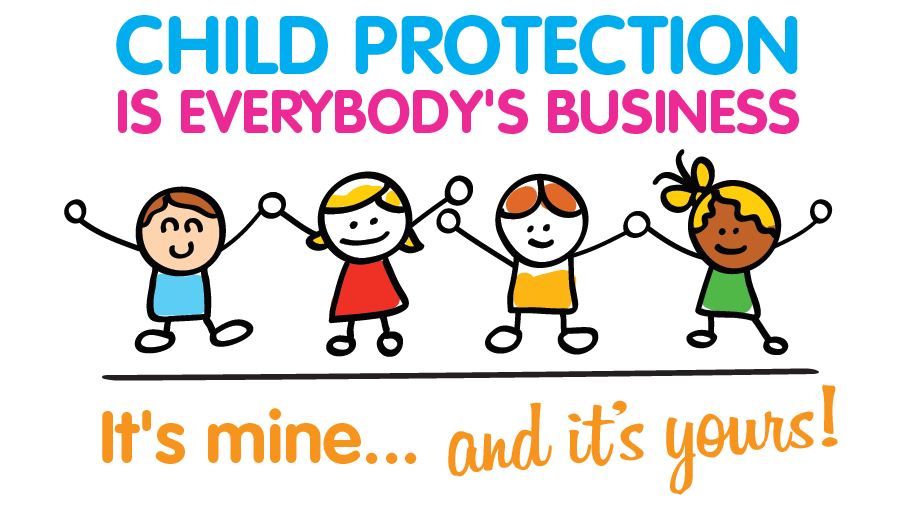
It is everyone’s responsibility to ensure that every child has rights. They deserve to be happy and full of enthusiasm. Alone it is not possible to protect every child. As a member of society, everyone should come together to save our future.
We must protect our future generation from physical as well as mental abuse.
Let’s see how you use these rights in your life.
Read more
- The Maharaj Libel Case of 1862: A Landmark in Colonial Legal and Social History
- Acclimatization: The Subtle Dance Between Humans and Their Environment
- The Anthropology of Sleep
- Lamarck’s Theory of Evolution
- Bipedalism and Structural Changes


